Partners
-
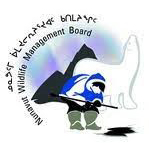
Nunavut Wildlife Management Board (NWMB)
The vision of the NWMB is “conserving wildlife through the application of Inuit Qaujimajatuqangit and scientific knowledge.” NWMB is a co-management Board that consists of nine appointed members. The Board and its co-management partners work together to combine the knowledge and understanding of wildlife managers, users, and the public to make decisions concerning the management of wildlife in Nunavut. The NWMB is the main instrument of wildlife management and the main regulator of access to wildlife in the Nunavut Settlement Area (NSA).
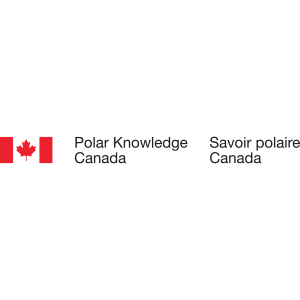
Polar Knowledge Canada (POLAR)
POLAR advances knowledge of the Canadian Arctic and strengthens Canadian leadership in polar science and technology. POLAR has a unique role to advance our collective understanding of polar environments by mobilizing current knowledge produced by others, in a meaningful and accessible way, to address the gaps and concerns of Northern communities.
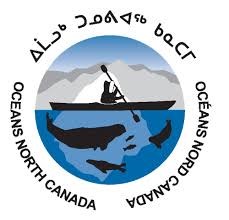
Oceans North
Oceans North supports made-in-the-Arctic solutions through partnerships with indigenous organizations and northern communities that have a vested interest in Arctic ecological resilience and abundance. Oceans North is a nonprofit organization that fosters science- and community-based conservation in the Arctic regions of Canada and Greenland.
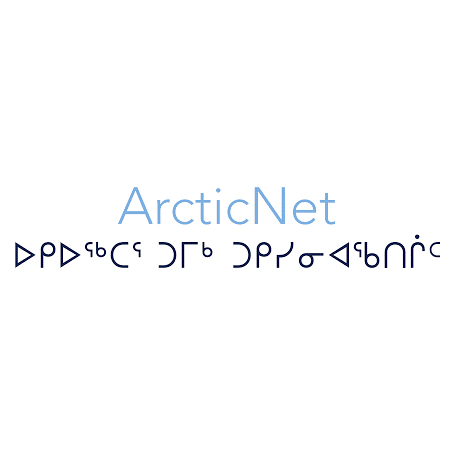
ARCTICNET
ARCTICNET is a Network of Centres of Excellence of Canada that brings together scientists and managers in the natural, human health and social sciences with their partners from Inuit organizations, northern communities, federal and provincial agencies and the private sector. The objective of ArcticNet is to study the impacts of climate change and modernization in the coastal Canadian Arctic.
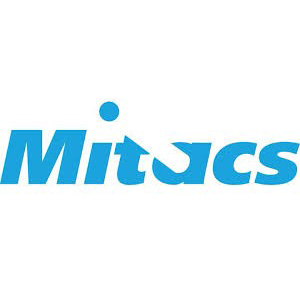
Mitacs
Mitacs is dedicated to supporting applied and industrial research in mathematical sciences and associated disciplines to create a more innovative Canada. Mitacs builds partnerships that support industrial and social innovation in Canada, including a research internship program designed to increase deployment of highly educated graduates into the private sector.
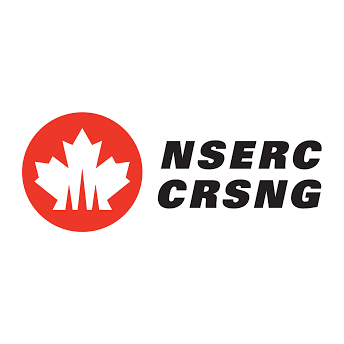
Natural Sciences and Engineering Research Council of Canada – Strategic Partnership Grants (NSERC-SPG)
The goal of NSERC’s Strategic Partnership Grants is to increase research and training in targeted areas that could strongly enhance Canada’s economy, society and/or environment. These grants foster research and training that is conducted through a partnership between academic researchers and industry or government organizations.
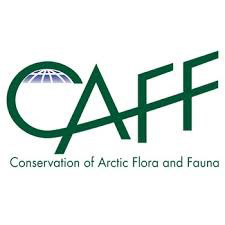
Conservation of Arctic Flora and Fauna (CAFF)
CAFF is the biodiversity working group of the Arctic Council; it serves as a vehicle to cooperate on species and habitat management and utilization, to share information on management techniques and regulatory regimes, and to facilitate more knowledgeable decision-making. CAFF provides a mechanism to develop common responses on issues of importance for the Arctic ecosystem such as development and economic pressures, conservation opportunities and political commitments.
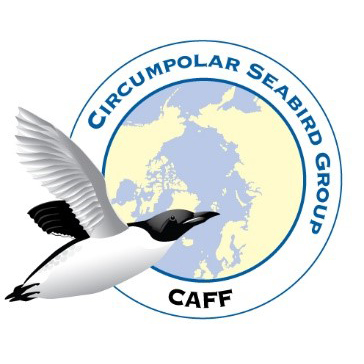
Circumpolar Seabird Expert Group (CBird)
The Circumpolar Seabird Expert Group (CBird) is an expert group within the Council of Arctic Flora and Fauna dedicated to promoting, facilitating, and coordinating conservation, management and research activities among circumpolar countries and improving communication between seabird scientists and managers inside and outside the Arctic. CBird is comprised of members from national representatives, Permanent Participants, observer countries and organizations.
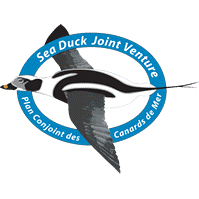
Sea Duck Joint Venture
The Sea Duck Joint Venture (SDJV) is a conservation partnership established as part of the North American Waterfowl Management Plan to promote the conservation of all North American sea ducks. The SDJV works with partners to generate and disseminate knowledge that will inform management decisions and sea duck conservation in North America, and increase awareness of sea ducks within the conservation, industrial, and scientific communities. The vision of the SDJV is to maintain sustainable populations of North American sea ducks throughout their ranges.
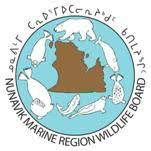
Nunavik Marine Region Wildlife Board (NMRWB)
The NMRWB is the main instrument of wildlife management in the Nunavik Marine Region and was created under the Nunavik Inuit Land Claim Agreement (NILCA). The NMRWB aims to consider both western science and traditional Inuit knowledge, or Inuit Qaujimajatuqangit (IQ) when making wildlife management decisions. The NMRWB is a co-management board that works with management partners to make management decisions regarding wildlife species in the Nunavik Marine Region.

Pew Charitable Trusts – Arctic Science
The Pew Charitable Trusts is driven by the power of knowledge to solve today’s most challenging problems. Pew is a global research and public policy organization, operated as a non-partisan, non-governmental organization dedicated to serving the public. Pew promotes science- and community-based conservation of the Arctic waters in the United States, Canada, and Greenland, and between nations in the international Arctic. Pew’s program advocates scientifically sound policies consistent with indigenous land claims and traditional practices.
http://www.pewtrusts.org/en/projects/protecting-life-in-the-arctic/arctic-science
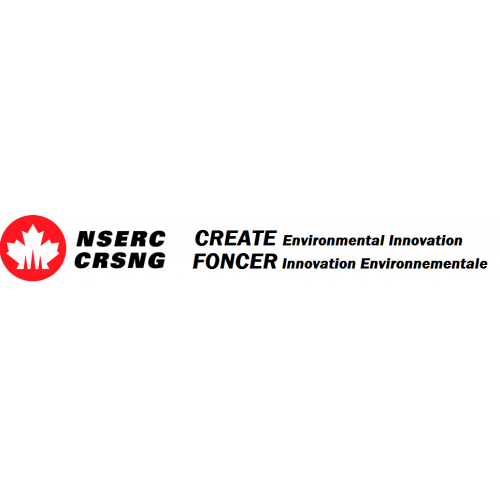
NSERC CREATE – Environmental Innovation
The NSERC CREATE Environmental Innovation training and research program aims at enhancing Canada’s prosperity through innovative environmental assessment, monitoring and management. With program nodes at McGill University and the University of Alberta, Environmental Innovation is designed to train the next generation of natural resource consultants, managers, land-use planners, and policy makers so they are market-ready to enhance Canada’s reputation as a country that efficiently develops its natural resources while maintaining rigorous environmental standards.
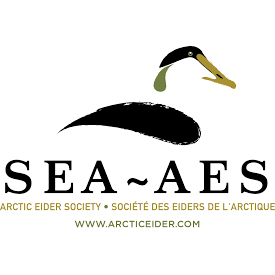
The Arctic Eider Society
The Arctic Eider Society is a registered Canadian charity working with Inuit and Cree communities to provide training and capacity in community-driven research, culturally relevant education for youth, and innovative tools and technologies to help communities address issues of food security, safety and environmental stewardship for sea ice and marine ecosystems.
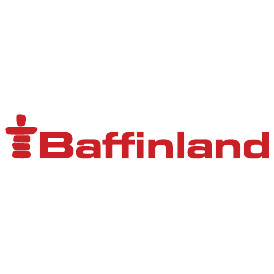
Baffinland Iron Mines Corporation
Baffinland is a Canadian mining company, mining iron ore at the Mary River operation in the Qikiqtani region of North Baffin, Nunavut, Canada. Since 1986, the company has been working to develop the Mary River Property, safely, sustainably, and in accordance with agreements made with Inuit birthright corporations Nunavut Tunngavik Inc. (NTI) and the Qikiqtani Inuit Association (QIA), as well as to the Government of Nunavut. The company has also been regularly collecting and incorporating feedback from the local communities as well as funding environmental research in both marine and terrestrial environments.










